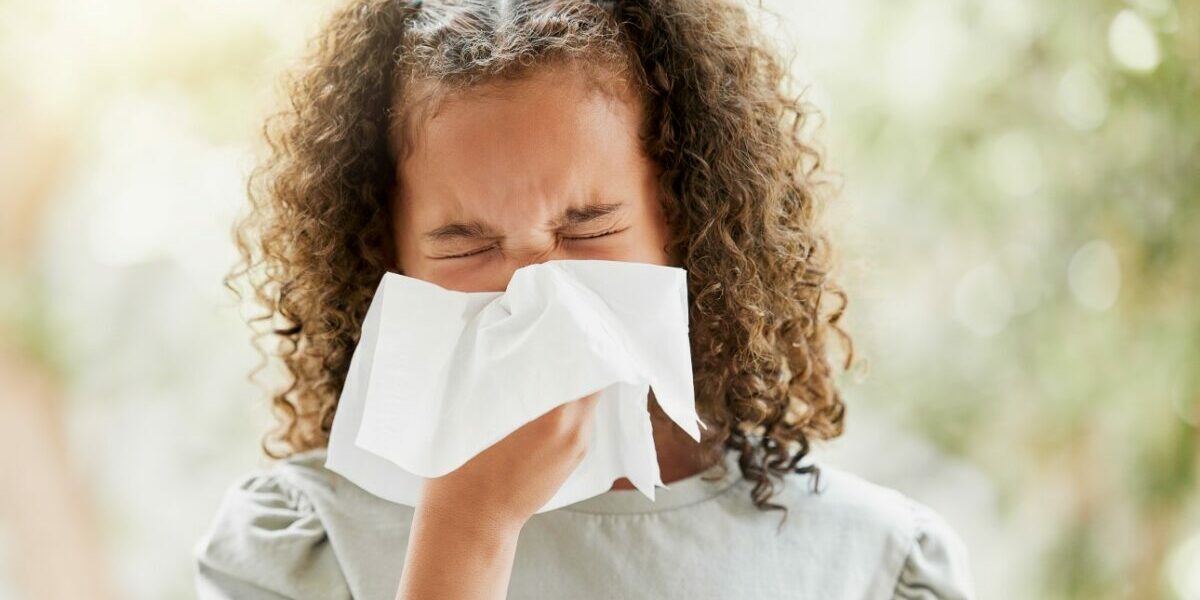Urgent care for common allergies
Diagnose your allergies
We'll determine if you're suffering from seasonal, environmental or other types of allergies.
Treat your allergies
We can provide immediate relief from your allergy symptoms, like a runny nose and itchy eyes.
Manage long-term
We will work with you to create a treatment plan to provider long-term relief from your symptoms.
Allergy symptoms
The typical symptoms of allergies and seasonal allergies are ones that most people are familiar with. These consist of:
- Cough
- Fever
- Headache
- Rashy, red or raised skin
- Red, itchy, watery eyes
- Runny or stuffy nose
- Sore throat
- Stomach pain, vomiting or diarrhea
- Swollen lips, tongue, face or eyes
- Wheezing or chest tightness
Allergy triggers
An allergic reaction is triggered by exposure to an allergen or a chemical to which you are allergic. An allergen is typically a harmless item, such as pollen or dust, that induces a reaction in certain people. Symptoms can appear immediately after being exposed to an allergen or after a few hours. Most allergic reactions are moderate, but anaphylaxis, a severe reaction, can occur on rare occasions.
If you encounter any of the above symptoms, you may be experiencing an allergic response. An allergic reaction might be fatal in rare cases. If you notice any tightness in your throat or difficulty breathing, get immediate medical assistance in an emergency room or by dialing 911.
Common types of allergies
An allergy arises when an external substance comes into contact with your body and causes your immune system to overreact. There are many common allergens. Some are triggered by seasonal changes, while others occur all year.
NeuMed can help in the diagnosis and treatment of:
- Food allergies: Certain foods can cause an allergic reaction or other side effects.
- Environmental allergies: Pollen, dust, pet dander, mold, and even cockroaches can trigger allergy symptoms.
- Drug allergies: Certain drugs may cause allergic reactions in some persons, or allergic reactions may be a side effect of the medication.
- Insect bites: Bed bugs, bees, wasps, ants, and hornets' bites and stings can trigger allergic reactions and necessitate prompt treatment.

Types of seasonal allergies
While many people believe that spring is the peak season for allergies, symptoms of seasonal allergies can appear at any time.
Fall & spring allergies
In the spring and fall, pollen can induce a wide range of allergy symptoms, including sneezing, wheezing, and itchy eyes.
Summer allergies
Spending time outside in warmer weather can expose you to plants that trigger allergic reactions, such as poison ivy.
Winter allergies
Allergies in the winter are frequently caused by animals, dust mites, or mold, and can be exacerbated by dry air.

Environmental allergies
The body's reaction to a harmless substance in the environment causes environmental allergies. Common environmental allergies include:
- Cigarette smoke: Smoke of any kind is irritating to the respiratory symptoms and cantrigger allergies.
- Dust mites: Tiny bugs that live in furniture and are one of the most common indoor allergens.
- Mold: Mold grows in humid environments and mold spores can cause severe allergic reactions.
- Pet dander: Pets shed tiny bits of skin and hair, which can cause an allergic reaction in some people.
- Pollen: If you have pollen allergies, your symptoms will be worse in the spring and fall.
If you think that you may have an environmental allergy, you should seek a proper diagnosis and speak with a medical provider to create a treatment plan.
Visit NeuMed Modern Urgent Care for all of your urgent care needs
At NeuMed Modern Urgent Care + IV Therapy, we can help you find the right treatment and care for all types of allergies. We can also help treat related issues such as:
- Skin rashes and Eczema
- Minor insect bites & stings
- Mild asthma attacks & asthma symptoms
- Wheezing

Frequently Asked Questions
When is allergy season in the US?
Because of the pollination that occurs in the spring, allergy season in the United States often peaks from mid-February to early June. However, depending on where you live, some people may develop allergies at other times of the year.




